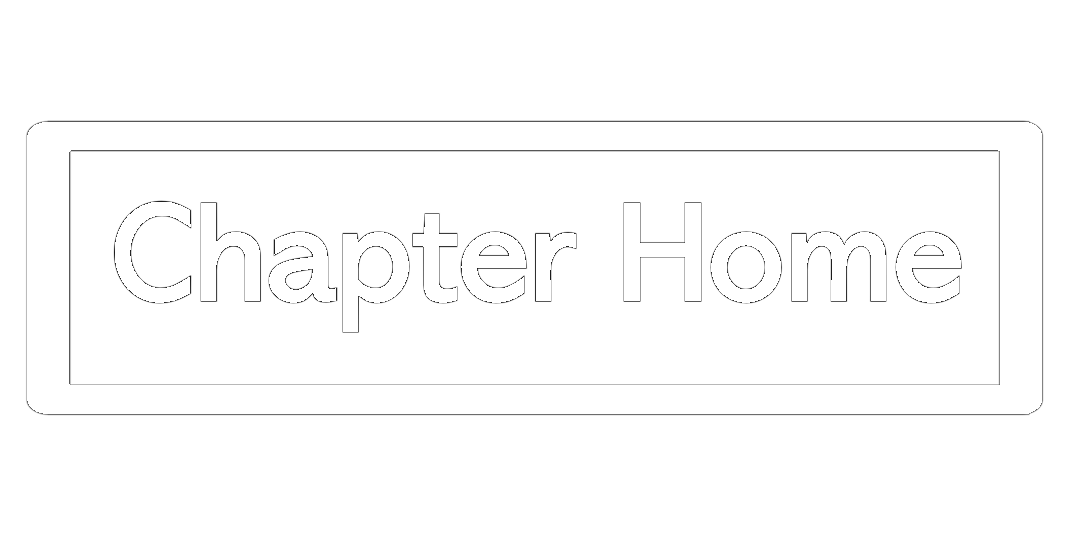Chapter 22, PART 1

One of the harder parts of life remains: Life’s other stresses don’t take a break while you try and stabilize from the loss of your child. If you and your husband had problems before the death, they most likely will resurface. If you have other children, they might have issues of their own. Bills do not magically wait for three months until you pay them, even if you think “What’s the use?” We get sick. We might already have major problems in our lives. Other problems crop up. When these problems occur, the death makes it harder to function.

Chapter 22, PART 2

I feel, for example, overwhelmed this week in particular. This fall I started a new term of teaching seven classes. Also, I need to get an article out college-wide for a newsletter, as well as produce the campus-wide newsletter. My husband and I are fighting at home, and I rear-ended my car into someone. I have to find a person to stucco my chimney, find someone to paint, find a tile person, and turn in records for the graduate credits I have received while sponsoring an event for the Student Government Association for which I am advisor, find out my son’s report card grades, and get up early to write this book. I have not even mentioned cleaning the house or doing the little activities that people consider regular maintenance, such as finding a place that can change my oil for the car, going to the eye doctor, etc.

Chapter 22, PART 3

One woman I know felt bad abdominal pains the night of her son’s viewing and was hospitalized. The doctors wanted to do surgery on her the next morning and considered it critical; however, she had to bury her son that day, so the mother walked out of the hospital to attend her son’s burial, then returned to have surgery the following day. She died twice on the operating table, but survived. Life and its challenges continued around her with no respect for her deep sorrow.
Personally, I want to strangle the person who said, “That which doesn’t kill you makes you stronger.” I admit that I have made it through three years, but there were and occasionally still are times now that I still feel apathy towards living. Somehow, I do not equate apathy with strength.

Chapter 22, part 4

To counteract that lack of extra strength, we have to take care of ourselves in whatever way relaxes us. I meditate, exercise, write and sing, all of which remove some of the stress. If you can get someone else to handle a problem for you, now is the time. People offer to help and most would probably appreciate a way to ease your burdens. For example, I could have asked my mother to edit the article for the college newsletter. I’m sure if I asked someone to try and locate painters, they would gladly do so. The key is to find what relieves your stress and what is too important to neglect.

Chapter 22, part 5

When undergoing ways to relieve stress, we may find that we don’t react in the same way as before the death. Suddenly, our personalities have changed and what once offered relief now seems too much bother. What worked before might not work now. Before, a good massage or a steaming bath or a two-mile run might have helped alleviate stress. Reading your favorite scriptures or meditating might have eased the pain. We might find that after the death of our child, we reevaluate everything we believed and begin the process of reinventing ourselves to find someone who can bear this tragedy. What worked in the past might no longer suffice.

Chapter 22, part 6

ACTIVITY
Make a list of soothing and relaxing actions that might help you. You can try them out one by one—if the bath doesn’t work this time, try something else the next day. Ask others what they do, not in relation to death, but to feeling overwhelmed in general. You might hear answers as disparate as to-do lists, organizing life into smaller pieces, cleaning, to burning scented oils or reading.






